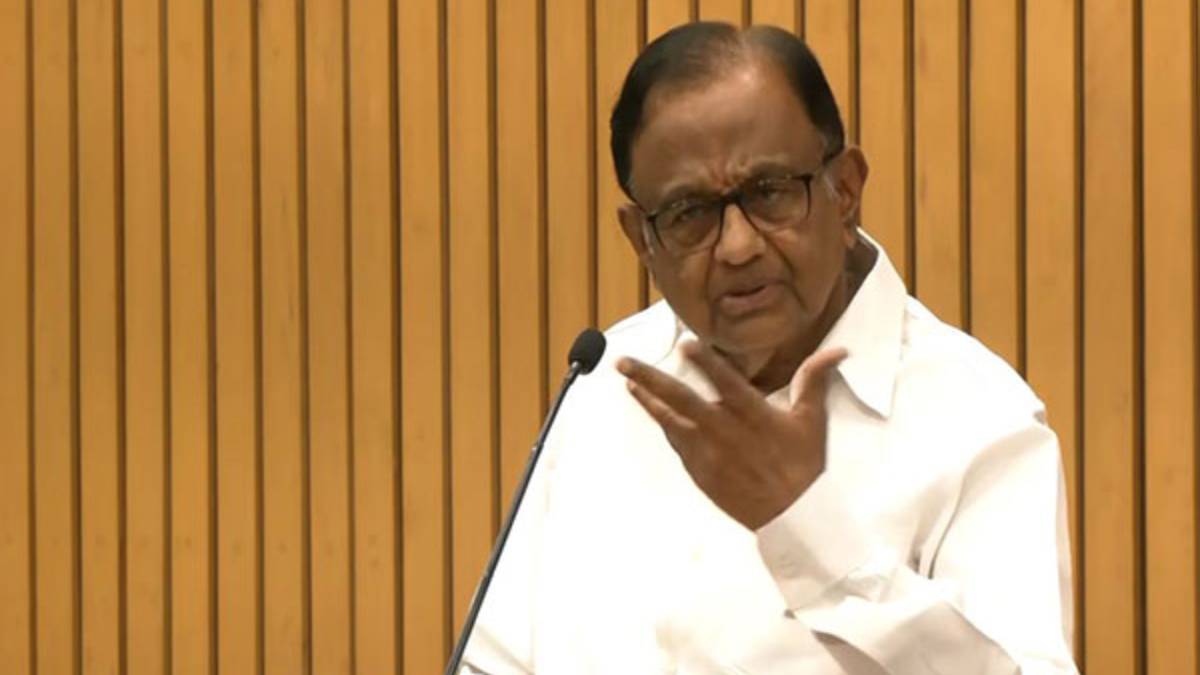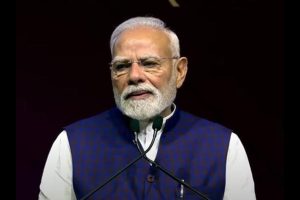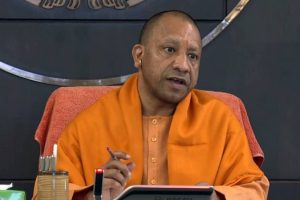Senior Congress leader and Rajya Sabha MP P Chidambaram has criticised the Centre’s latest GST rationalisation move as “welcome but too late,” questioning why it took eight years for the government to address long-standing concerns.
In a post on X, Chidambaram said the design and high rates of GST introduced in 2017 were flawed from the start and that the opposition had consistently warned against them.
“The GST rationalisation and the reduction in rates on a range of goods and services are WELCOME but 8 years TOO LATE… We have been crying hoarse for the last 8 years against the design and rates of GST, but our pleas fell on deaf ears,” he wrote.
Chidambaram also raised questions about the timing of the reforms, speculating whether they were driven by sluggish growth, rising household debt, falling savings, the upcoming Bihar elections, or U.S. tariffs on Indian goods.
The All India Trinamool Congress (TMC) also hit out at the Centre, calling the rollback of GST rates a “victory for common people” achieved through sustained pressure. The party accused the BJP-led government of being “tone-deaf” and only acting when “cornered.”
TMC pointed to Finance Minister Nirmala Sitharaman’s earlier defence of GST on insurance premiums, which party chief and West Bengal CM Mamata Banerjee had labelled “cruel” and “anti-people.”
“This rollback proves that the Modi government only acts when cornered. We will continue to fight every such anti-people decision in Parliament, on the streets, and among the people,” the party said in a statement.
Finance Minister Sitharaman had earlier announced sweeping rate reductions under the “Next-Gen GST Reform,” merging the 12% and 28% slabs into two simplified rates of 5% and 18%. The decision, described as a “Diwali gift,” is aimed at easing the cost of living and boosting economic activity across households, businesses, agriculture, and healthcare.





